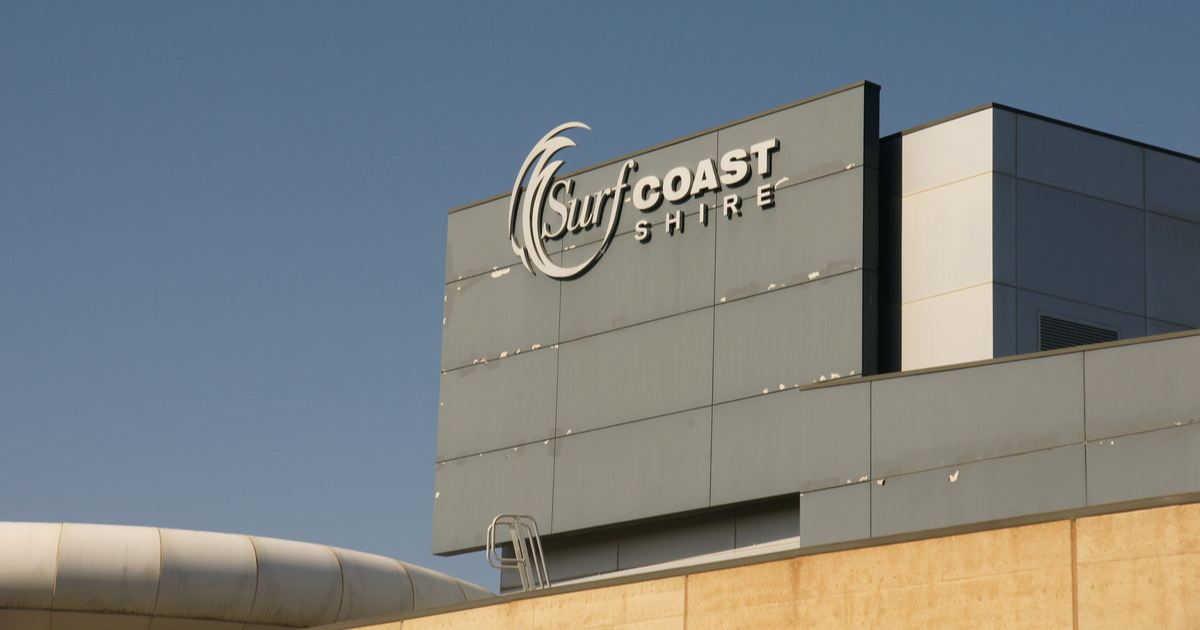Anglesea River gets trial treatment to combat acidification

The Anglesea River struggles regularly with acidification. Photo: GREAT OCEAN ROAD COAST AND PARKS AUTHORITY
CORANGAMITE Catchment Management Authority (CCMA) is considering recommendations to improve the conditions of the Anglesea River, including trialling a process known as berm grooming.
The Anglesea River struggles regularly with acidification – the reduction of its pH level – low water levels and low flows from feeder creeks within the catchment.
There are also concerns surrounding potential acid sulphate soils within the estuary, particularly through Coogoorah Park.
These materials form acid when oxidised by air exposure, meaning low water levels within the Anglesea River may activate these soils, resulting in another major acidification risk for the waterway.
Berm grooming is thought to be one way to maintain the necessary water levels and prevent the upper reaches around Coogoorah Park from drying out until further investigation into the area is completed.
The process involves reducing the level of the berm, which increases the depth of the estuary by allowing seawater to enter through high tides and wave run-up flows.

A spokesperson for CCMA said the authority was considering moving ahead with the trial this summer or autumn if the “right conditions present themselves”.
“The independent advice says that the risk of entirely breaching the sand berm is low, and the chances of success are low to moderate.
“The grooming will be assessed on success of getting water in, as well as cost and factors such a beach disruption.”
Keith Shipton, founder of Friends of the Anglesea River (FoAR), said the move was a “step in the right direction”.
The group have long advocated for solutions to the acidification of the river and the resulting loss of marine life.
“There’s been many reports written on the Anglesea River over the past couple of decades, however there’s been absolutely zero action,” Mr Shipton said.
“This is the first time either of the responsibility agencies, being CCMA and DEECA [Department of Energy, Environment and Climate Action], have actually taken an initiative based on some of those reports.
“The river system needs a short-term fix otherwise we’re going to revert back to a period of intense acidification; no fish, no seagrass, no nothing.
“We’ll go back to being a desert.”
However, he said if the berm grooming was successful, it would not solve the long-term problems that continue to plague the waterway.
FoAR believe the ongoing issues with the Anglesea River are the result of extended exploitation of the aquifer underneath the catchment.
Work will take place in the coming months at Coogoorah Park to test the status of acid sulphate soils to inform future management direction.

















